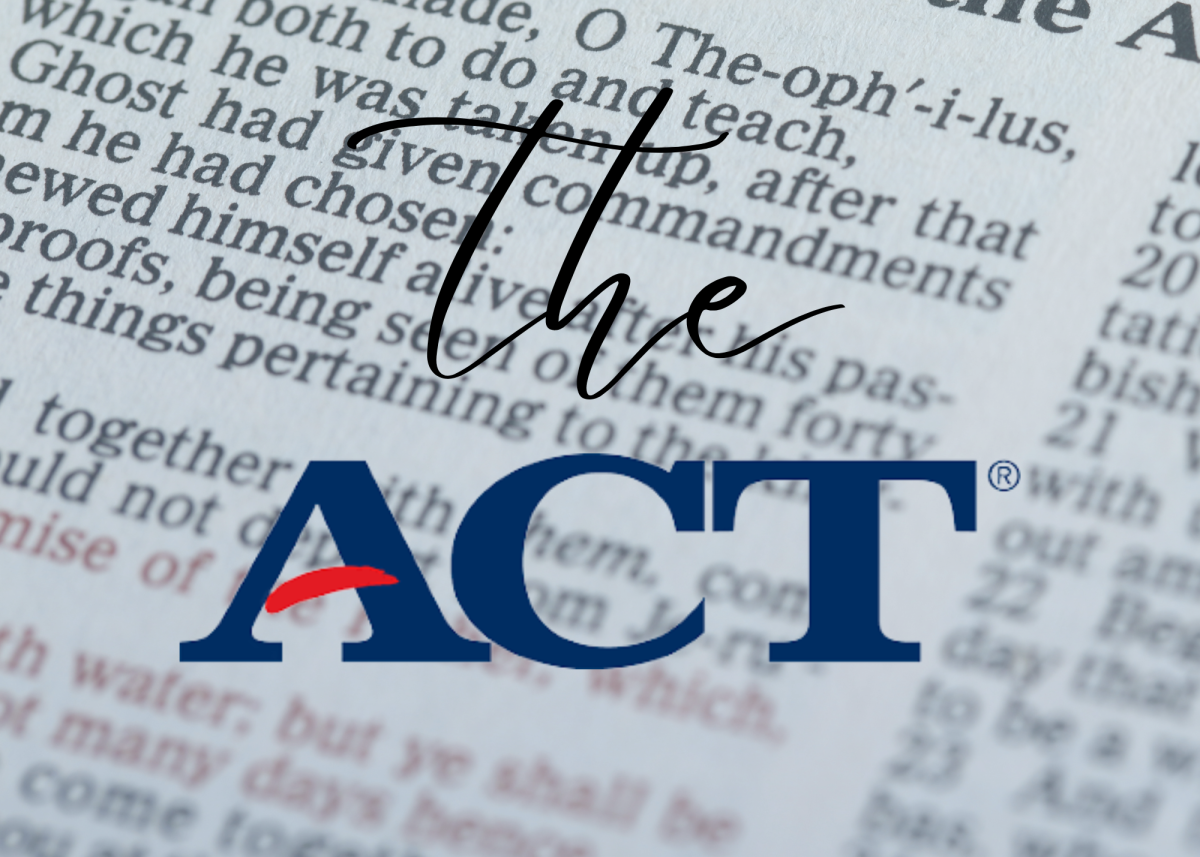College, while generally a beneficial opportunity, is quite an economic hurdle. Were everyone required to front the full amount for schooling, only a miniscule percentage of the population could afford education. Fortunately, student financial aid exists. It’s a helping hand that makes college affordable for children and parents alike; even still, it can be just as complicated as the college application process. Thankfully, you have this guide.
To begin, student financial aid is simply money to help people pay for college. This money comes from diversified sources like the government, private organizations, or even colleges themselves. The main types of financial aid are grants, scholarships, loans, and work-study programs.
Grants and scholarships are typically the best – and most honest – types of financial aid because you don’t have to offer reimbursement. Grants are usually based on financial need, while scholarships are awarded for academic prowess, achievements, experiences, or background – and there are literally thousands of scholarships that go unawarded yearly if you look for them.
Loans are borrowed money with interest. While loans can offer enticing sums of money, you must remember that the interest can get you later – borrow only what you need once you’ve explored every other avenue, and never take a deal with high interest or one that will mire you in debt. There are different types of loans, so make sure you explore your options and choose wisely.
Regarding student debt, Blackman Senior Osamede Uzzi says: “From the research I did on debt for Capstone, generally, student debt was the most harmful and the most difficult to pay off.”
Work-study programs allow you to work part-time while you’re in college to help pay for your education. These jobs are often on campus and can give you valuable work experience while earning money to help with expenses – that practical life experience will prove invaluable to future employers and likely teach you a few things along the way.
To initially apply for aid, fill out the Free Application for Federal Student Aid (FAFSA). This form documents your family’s finances and determines your eligibility for different types of aid. It’s important to fill out the FAFSA as soon as possible after it becomes available, usually in October of your senior year of high school (this year it wasn’t released until December).
Speaking about this delay, Hamza Fareed – a Blackman Senior – said: “Knowing that they had this all planned out in advance, I’m disappointed there was a lack of preparation. I’m stuck doing a process I’ve been doing since January, making it harder for me to focus on scholarships.”
Upon submitting the FAFSA, you’ll receive a FAFSA Submission Summary (previously called the Student Aid Report) that summarizes the information you provided and estimates how much financial aid you’ll receive. Colleges will also use said information to determine your eligibility for their own financial aid programs.
To really maximize the amount of aid you receive: start researching and applying for scholarships early, keep good grades for scholarships, be wary of deadlines for financial aid applications, and talk to your school counselor or a financial aid advisor if you have questions or need help.
Managing student financial aid may seem overwhelming at first, but with some research and planning, you will college more affordable. Remember to explore all your options, apply for as many scholarships as you can, and stay on top of deadlines. With a little effort, you can stay out of debt if you believe in yourself.















